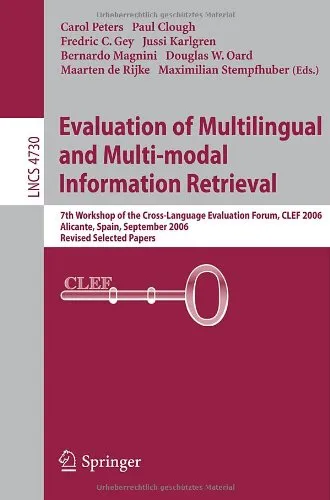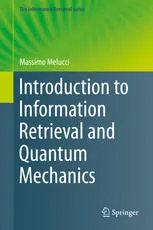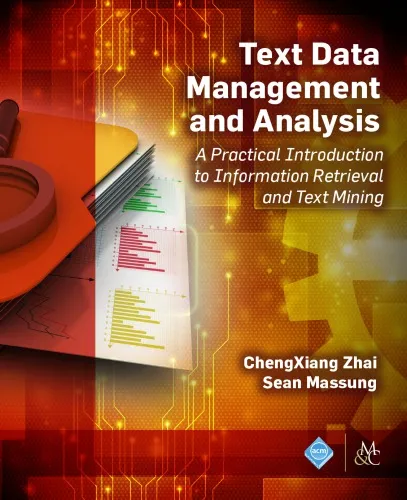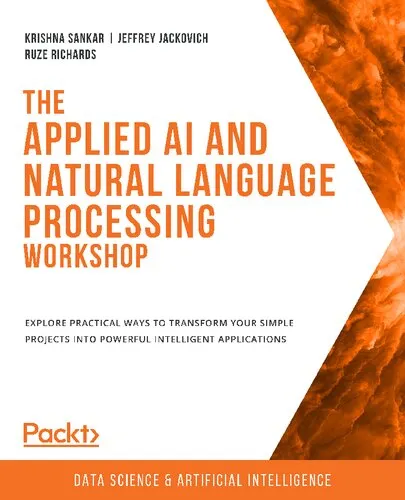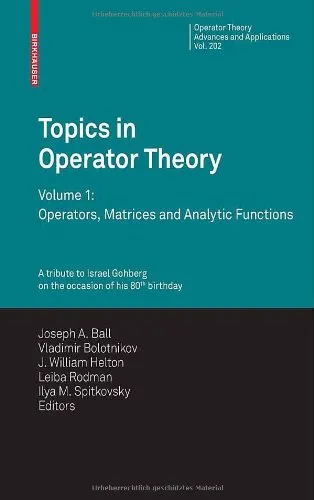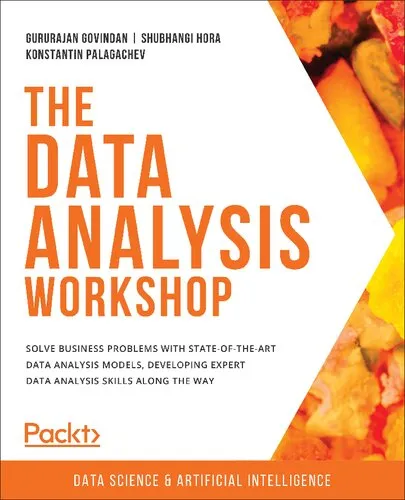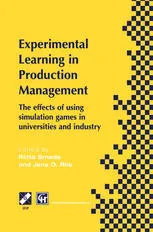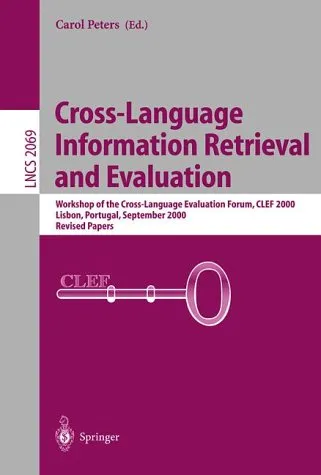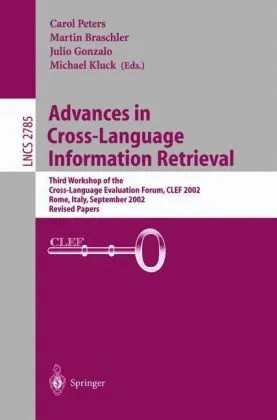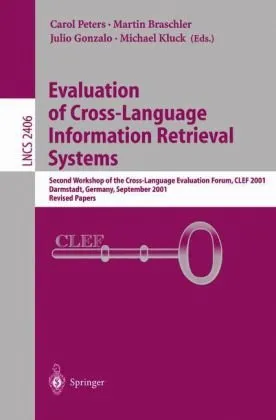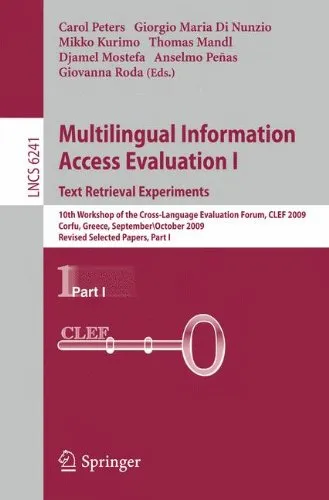Evaluation of Multilingual and Multi-modal Information Retrieval: 7th Workshop of the Cross-Language Evaluation Forum, CLEF 2006, Alicante, Spain, September 20-22, 2006, Revised Selected Papers
4.5
Reviews from our users

You Can Ask your questions from this book's AI after Login
Each download or ask from book AI costs 2 points. To earn more free points, please visit the Points Guide Page and complete some valuable actions.Related Refrences:
Introduction to "Evaluation of Multilingual and Multi-modal Information Retrieval"
The book, "Evaluation of Multilingual and Multi-modal Information Retrieval: 7th Workshop of the Cross-Language Evaluation Forum, CLEF 2006," celebrates advancements in the rapidly evolving domain of multilingual and multimedia information retrieval systems. Edited by an esteemed group of scholars, this volume compiles revised and selected papers that were presented during the Cross-Language Evaluation Forum (CLEF) 2006, held in Alicante, Spain.
Through a comprehensive blend of theoretical insights, results from shared evaluation tasks, and innovative methodologies, this book serves as a treasure trove for researchers, practitioners, and academicians who aim to tackle the complex challenges of extracting meaningful information across languages and modalities. By presenting cutting-edge research, CLEF 2006 underscored the growing role of evaluation as a driving force for innovation and collaboration in this field.
Detailed Summary of the Book
The book provides readers with a deep understanding of techniques and benchmarks designed to evaluate and improve information retrieval systems that function in multilingual and multi-modal contexts. Spanning a wide range of topics, the contents highlight challenges in cross-language information retrieval (CLIR), speech retrieval, image and video retrieval, and robust evaluation frameworks.
First and foremost, it chronicles the activities of CLEF 2006, including the shared tasks that engaged global research teams. These tasks aimed to address the inherent difficulties in building systems capable of accurately retrieving information across diverse languages, formats, and media types. Particularly notable was the emphasis on extending evaluation strategies to incorporate multimedia queries (images, audio, and video) as well as multilingual considerations.
The book also delves into the significance of user-centric practices in the design of information retrieval systems. By leveraging real-world examples and practical use cases, the contributors demonstrate how theoretical concepts can be applied in practice. Case studies presented in this volume encompass experiments evaluating diverse data collections and information formats, ensuring a robustly documented understanding of IR methodologies.
Key Takeaways
- The value of collaborative evaluation campaigns, such as CLEF, as a catalyst for advancing multilingual and multimedia retrieval research.
- Insights into the complexity of balancing precision, recall, and language independence in modern information retrieval systems.
- The growing importance of multi-modal approaches, incorporating audio-visual and textual data to enhance retrieval capabilities.
- Techniques for leveraging large evaluative datasets to fine-tune and benchmark innovative models and systems.
- A systematic exploration of state-of-the-art practices in result evaluation, including methodologies specific to multimedia and multilingual documents.
Overall, readers gain an appreciation for the interplay between user behavior, evaluation techniques, and system architecture, making it an indispensable guide in the field.
Famous Quotes from the Book
"Evaluation is not just a measure of success or failure; it is the language through which research speaks to its peers."
"The challenges of multilingualism are not solved by technology alone; they demand a deep understanding of language, culture, and contextual relevance."
Why This Book Matters
The significance of this book lies in its role as a foundational work in the domain of multilingual and multi-modal information retrieval. As globalization continues to drive the rapid exchange of information across languages and cultures, IR systems must adapt to bridge linguistic and modal divides.
By documenting the findings from CLEF 2006, this book provides an enduring legacy of how collaborative evaluation efforts can accelerate innovation. It serves as a blueprint for researchers aspiring to improve information retrieval systems and expand their functionality to incorporate various forms of data and queries. Importantly, the book fosters a sense of community by presenting methodologies that were developed collaboratively across research institutions worldwide.
The practical relevance of this work extends to industries such as search engines, digital libraries, and multimedia platforms, where the extraction of accurate and meaningful data is paramount. Furthermore, the wealth of knowledge within its pages makes it a key resource for anyone involved in building future-ready IR systems that cater to a global audience.
Whether you are an academic, a data scientist, or an industry practitioner, "Evaluation of Multilingual and Multi-modal Information Retrieval" will guide you in understanding and solving complex challenges associated with modern IR systems while inspiring new ideas for future development.
Free Direct Download
You Can Download this book after Login
Accessing books through legal platforms and public libraries not only supports the rights of authors and publishers but also contributes to the sustainability of reading culture. Before downloading, please take a moment to consider these options.
Find this book on other platforms:
WorldCat helps you find books in libraries worldwide.
See ratings, reviews, and discussions on Goodreads.
Find and buy rare or used books on AbeBooks.
1153
بازدید4.5
امتیاز0
نظر98%
رضایتReviews:
4.5
Based on 0 users review
Questions & Answers
Ask questions about this book or help others by answering
No questions yet. Be the first to ask!
